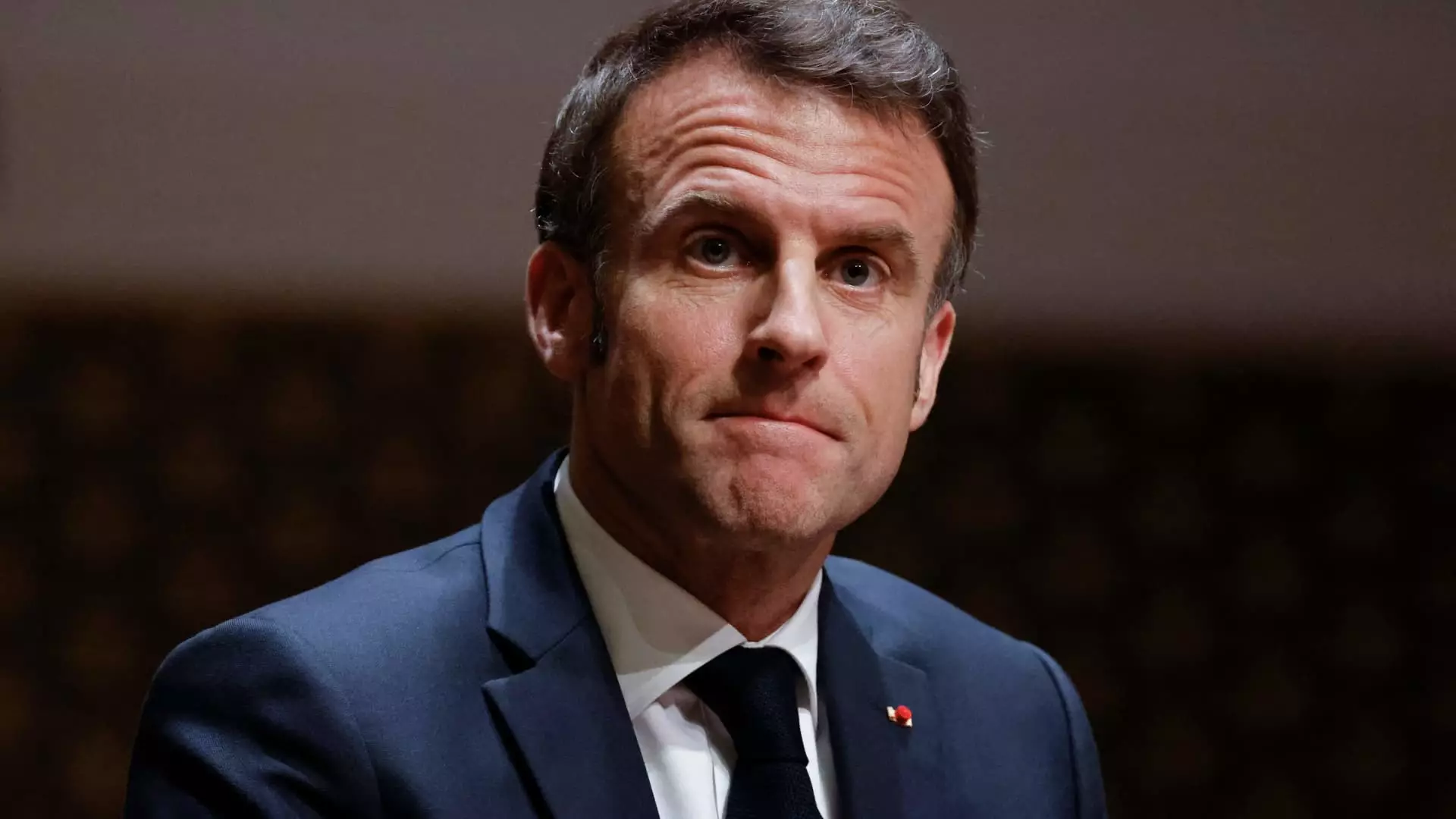The recent snap parliamentary election in France has stirred up significant attention due to the surge in votes for the anti-immigrant National Rally party. Initial polling data from national broadcaster France 2 indicates that the National Rally (RN) secured 34% of the vote, surpassing the leftist New Popular Front (NFP) alliance, which received 28.1% of the votes. On the other hand, President Emmanuel Macron’s centrist Together bloc came in third place with 20.3% of the vote. These results suggest a significant shift in the political landscape of France.
In France, candidates are only elected in the first round if they receive an absolute majority of votes and secure more than 25% of the registered local electorate’s support. If no candidate meets this standard, a second round of voting is held, listing the top two candidates as well as any other candidates who obtained more than 12.5% of registered voters’ support. The candidate with the most votes in the second round wins the seat. Analysts suggest that the upcoming second round on July 7 will be crucial in determining the final outcome of the election.
The Sunday projections indicate that no single party has secured an outright majority of at least 289 seats in the 577-seat parliament, pointing towards a potential hung parliament. This situation could lead to a period of political and economic uncertainty in France. President Macron is expected to stay in office until 2027 regardless of the election outcome. However, he may face pressure to appoint a new prime minister from the National Rally party, even if they do not achieve an absolute majority in the final vote. The potential appointment of RN’s 28-year-old President Jordan Bardella as the new PM could significantly impact France’s domestic and economic policies.
President Macron’s decision to call for a snap parliamentary election after his party’s defeat in the European Parliament elections was seen as a bold move. Macron was reportedly betting on the fear of French citizens towards a far-right government, hoping that they would ultimately reject such a scenario. However, the surge in votes for the National Rally party indicates that Macron’s gamble may not have paid off as expected, as he appears to have emboldened his political rivals.
The results of the snap parliamentary election in France have raised concerns about the possibility of a hung parliament and the implications of a potential shift in political power. The upcoming second round of voting will be crucial in determining the final composition of the parliament and the direction of the country’s policies. The surge in votes for the National Rally party signals a significant change in the political landscape of France and could have far-reaching consequences for the future of the country.

Leave a Reply